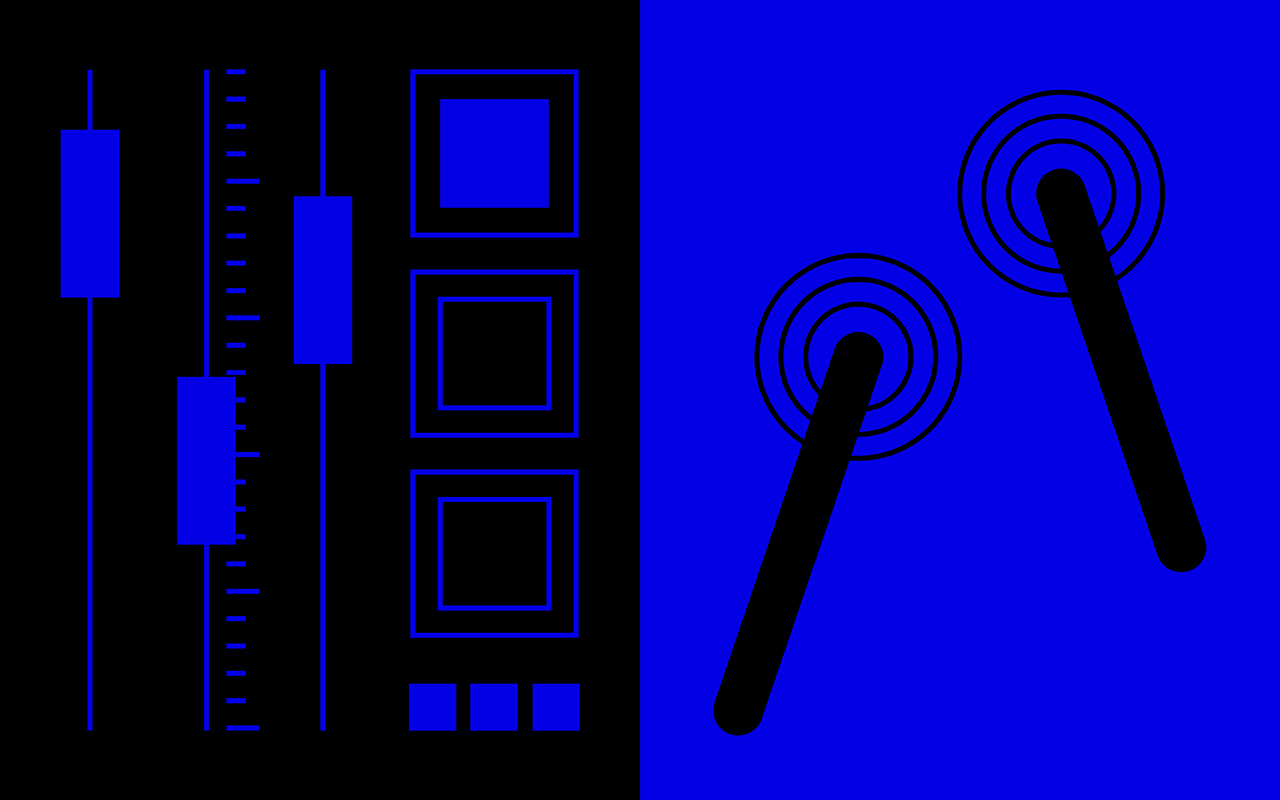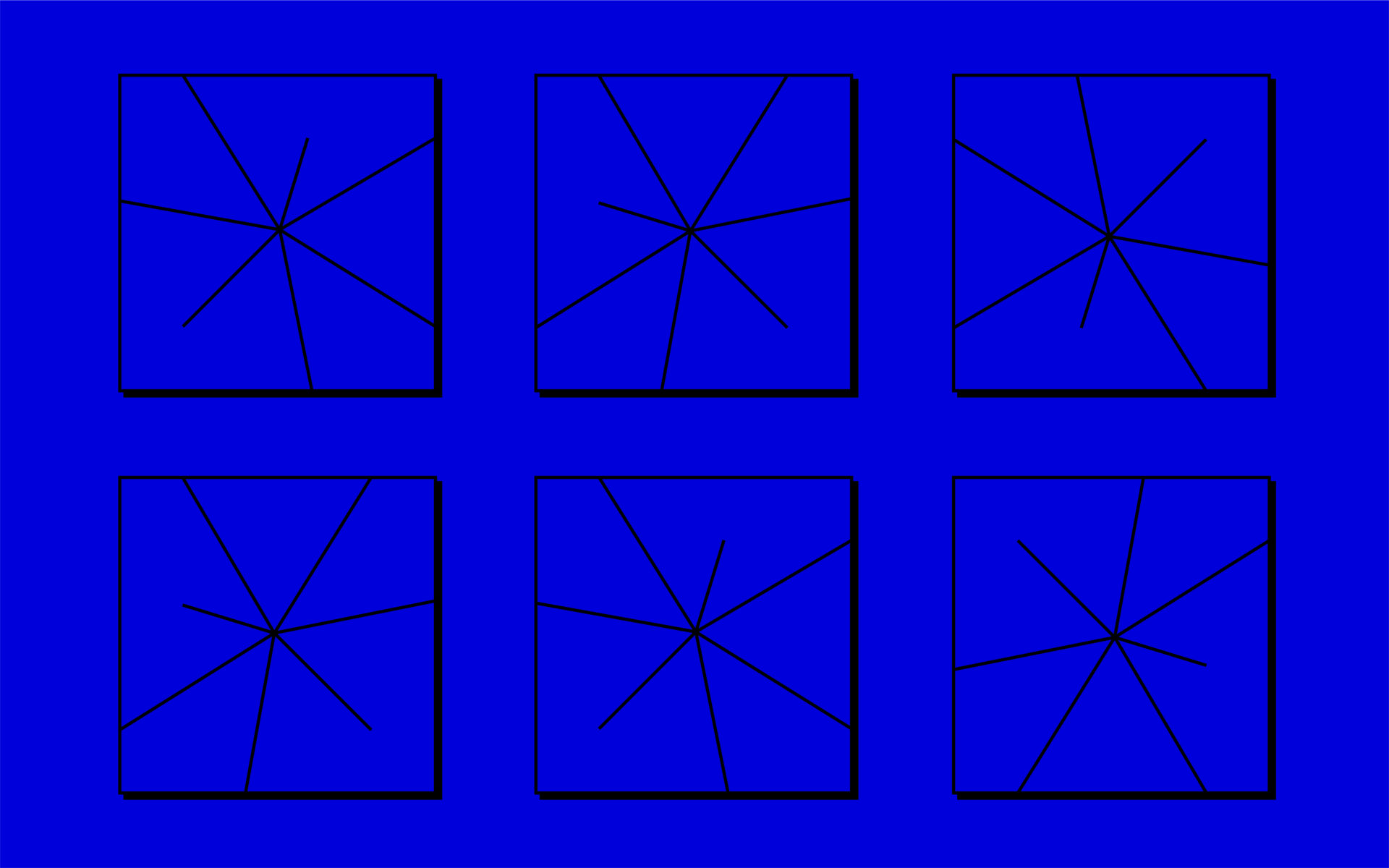From the first hit, drums can define a release. Whether it’s 808s or a double kick, the tools you choose signal what sound and style you’re out to achieve.
For instance, programmed drums may be a better match for trap, house, or EDM tracks, though they may not offer the lush tones of a studio drum set.
But between extra space, studio time, and equipment costs, a proper live kit isn’t always accessible, and certain styles may sound adrift in combination with those full-throated acoustics.
Brooklyn-based drummer Matti Dunietz has provided a crucial backbone for countless indie rock outfits like Ackerman, sipper, and Daisy the Great.
“I started drumming when I was 12,” he says. “ I wish I started [earlier]. Music was the first thing that got me looking forward to the future.”
Continuing to learn the ins and outs of DIY production, Dunietz encompasses electronic drumming and savvy studio techniques in his practice.
So live drums or programmed? Dunietz settles this conundrum by breaking down how to find your own style in either.

What kind of set-up do I need?
The most versatile, easiest way to program drums is with a computer and DAW. I have a high-powered laptop, 64 GB RAM.
Usually when I’m programming stuff, I use Ableton and Logic. Their MIDI capabilities are a lot more streamlined [than Pro Tools] and make more sense. Pro Tools is dope for mixing or for recording live. It’s more like an analog studio setup. The other DAWs are more fluid to work with.
Are DAWs difficult to navigate for someone who hasn’t used them before?
It can get a little overwhelming. There are limitless possibilities, so you really have to learn what type of music you want to make, and get to that point where you can be fluid with what’s in your own head.
You’ve got to get a baseline. Understand how to navigate it and how to route everything properly. Once you get that, there are all sorts of tips and tricks depending on what kind of music you want to make.

What sounds or styles are easier to achieve by programming drums?
Nothing is off-limits. For me, production and recording is all about fitting the sound to the project. It doesn’t mean live or recorded drums are better. Which one feels right?
I was checking out a friend’s shoegaze record and found that they did the drums in Logic. She had a friend record live drums to try and replace the sound, but it just didn’t have the same feel so she ended up keeping the Logic drums for the whole record.
Where in your discography did you choose programming drums over recording them?
The new Sea Rae song that I worked on, “Falling Slow” is an acoustic pop song, but the drums are programmed. It changes it from an indie rock song to a pop, Dua Lipa banger. I could’ve changed the guitars and made it a synth song, but sometimes it’s about finding the perfect balance of club and something less polished. It’s a nice interplay.
What are the drawbacks to programming?
Programmed drums have a lot more versatility, but they can also be more rigid. The beauty of live drumming is that you can be fluid. Live recording allows your music to breathe in a human way. I love music that’s about people interacting with each other or the space that they’re in.
Why should I choose programming over an acoustic set-up?
These days, people program drums because it’s easier. It’s expensive and hard to find a studio for people who play drums.
I started Logic because I don’t want to get stale. The program forced me to re-contextualize the music; it moves what you’re making in a different direction.

What sounds or styles are easiest to achieve with acoustic drums?
I’m just in the indie rock world, and that’s live drums, basement drums, or studio drums. That being said, everything seems to be incorporating electronic elements.
Which tracks have you recorded with an acoustic set-up?
Ackerman just released a song called “Just Another Morning.” That’s all live: the drums and bass were recorded live in my basement. The song breathes so much; you can’t program that. It sounds like a drummer, it sounds like a band, and it’s also not perfect. That’s what makes it so dope.
How do I buy drums on a budget? Which parts of the kit can I spend less money on? What should I invest in? How often will I need to replace equipment?
It really depends on the music you’re making, but the most important part when recording drums is kick and snare. A lot of records don’t even use toms. Unless it’s the style of the music you’re making, you don’t want to distract the listener with too many drums — you just need to provide the rhythm.
When it comes to cymbals, [start with] hi-hat, ride, and crash. It’s a little more of a rabbit hole; finding your cymbals is a lifelong journey.
Replace your drum heads and make sure they’re tuned well.

How do you record acoustic drums and get them to sound OK in a tiny room?
You don’t want to invest so much in something you can’t fix, but make sure the surfaces are covered with foam or sound panels.
Use your ears to find where in the room it sounds best. Have your friend play the drums while you walk around the room to find a place you want to put the mic.
Dampen the drums and add reverb or manipulate the sound later. Cover the drums a little bit with a blanket. Put a pillow in the kick to tighten up the sound. And lastly: How you’re hitting it is what’s being recorded. The quieter you play, the less build-up of unwanted frequencies, and you’ll be able to process those sounds later to get those to where you want to be.
Is there anything I can do if I don’t like what I’ve tracked? How flexible are live drums?
The equipment and how you’re playing determine if it will work with your song. If you have a shitty drum recording and you don’t want it to sound shitty, then it might be better to just go back to the source.
For a lot of my records, I would send them to my mentor with like, “What do you think of this mix?” She’d say, “The mix is great. But you’re going to be limited because of the sounds you’re using. I can’t give you any advice to make them sound better.”
Mixing is just about leveling things and putting them into place in relation to each other.

What will live drums add to my recording that programmed drums can’t?
Natural space. It feels like it’s in a place. It has more stereo richness. The number one thing is creativity. The drummer is another musician, and it adds a whole other element of interest to the song, a different voice that you’d get differently from electronic drums.
Why would I not want to use an acoustic kit?
Hiring a drummer, a studio, buying all that equipment…unless that’s really what you love and you want to be your world, there are cheaper and less difficult ways to get a solution to drums.
Traditionally, the drums have always been the first thing you record and then you layer things on top of it. But maybe, with the way that music is going now — use all the tools at your disposal, use electronic drums. After you’re done writing your song, and if it sounds good, maybe you don’t need to replace your drums.





